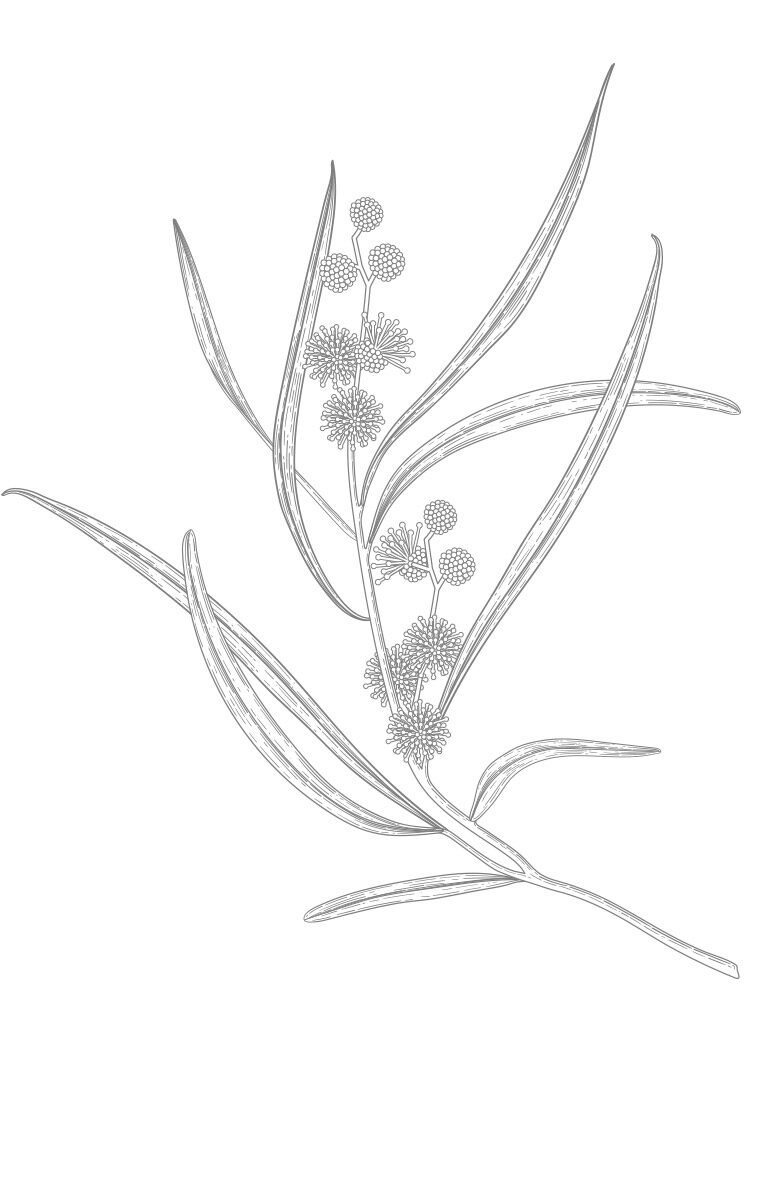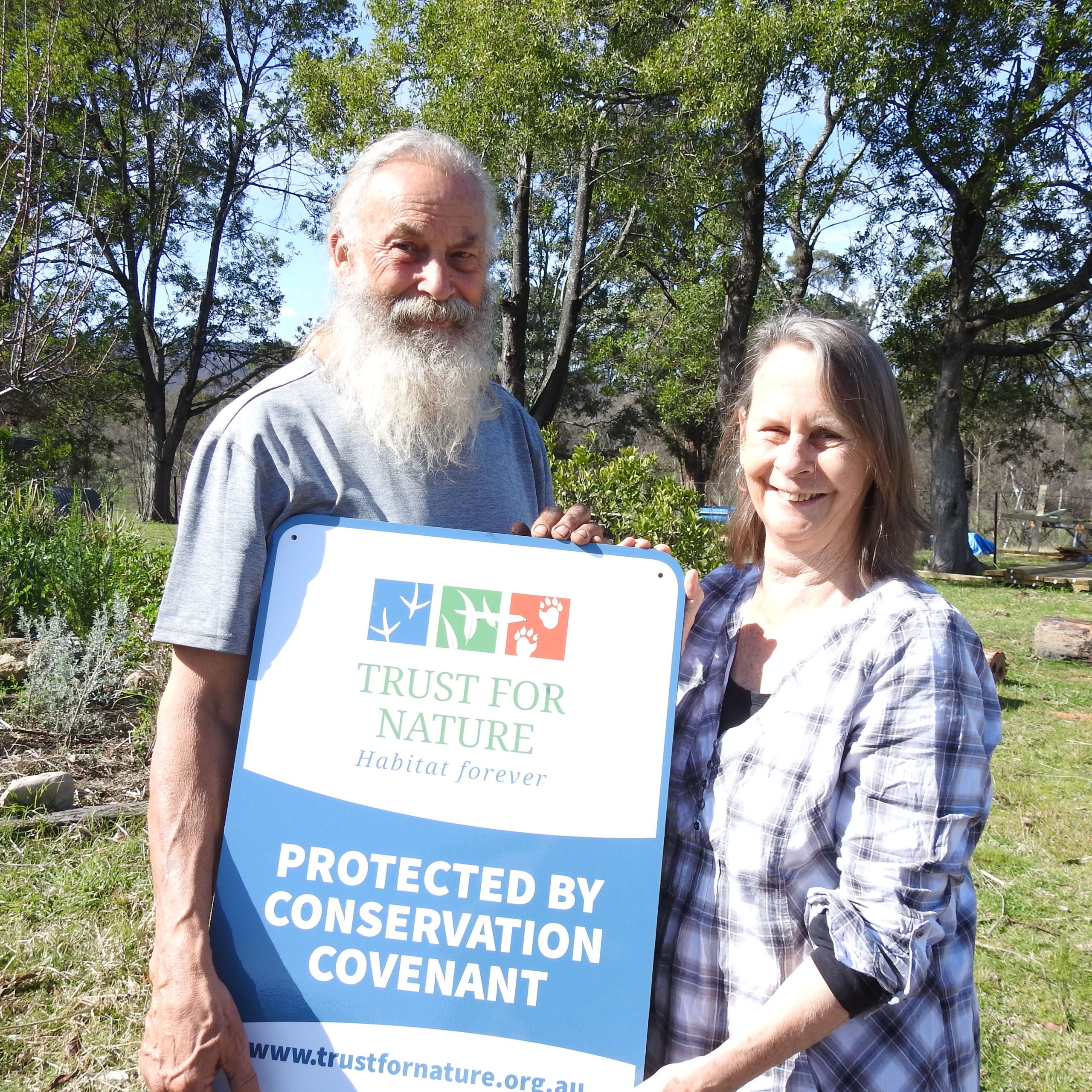Fire impacted land protected forever

An ecologically significant area of land in far East Gippsland, which was severely impacted by last summer’s fires, has now been permanently protected thanks to a new conservation covenant through Trust for Nature.
Virginia and Rob Fitzclarence recently covenanted 146 ha of their 208 ha property, which is home to endangered and threatened plants and animals such as the Long-nosed Potoroo, Glossy-black Cockatoos and Coast Grey-box. The area contains a range of depleted forest types and also borders part of the Genoa River.
Virginia and Rob, who bought the property in 2005, already planned to place a conservation covenant — a legally-binding agreement permanently protecting native vegetation — on part of their land before the fires. “Over time we’ve seen more and more destruction of the planet, so we decided we have to look after it ourselves,” Virginia said.
Then, when the tragedy of last summer struck, the couple knew protecting this precious habitat was more important than ever. “The fires really reaffirmed the importance of looking after what we have,” Virginia said.
Many of the large, old Coast Grey-box trees were burnt and lost. However, some still remain and regeneration and recovery of the understory is progressing slowly. “The covenant is a wonderful opportunity to protect what’s left of an old forest,” Virginia said. “We encourage more people to take out a covenant to protect more wonderful places.”
The new covenant was secured through Trust for Nature’s Iconic Estates, Eastern Forests project, which works with landholders in East Gippsland to protect a range of forest types with conservation covenants, giving the habitat of native animals long term security. The three-year project has protected more than 250 ha of land so far.
Robyn Edwards, Trust for Nature’s Gippsland Area Manager, said the covenanted property is very diverse and rich, with a high number of threatened species, and provides an important link between state forest and the Genoa River.
“Due to the fires this land is in a vulnerable state for the next few years,” Robyn said. “Having a covenant on the property means more protection for plants and animals while the slow recovery process takes place.”
Conservation covenants are voluntary, on title agreements allowing private landowners to conserve natural habitat on their properties in perpetuity protecting our heritage through successive generations. Working with landholders, Trust for Nature has protected more than 1,450 ha of land across the state through voluntary conservation covenants.
This Iconic Estates Eastern Forests project has been funded by the Victorian Government’s Biodiversity Response Planning program and is helping to ensure that Victoria’s natural environment is healthy, valued and actively cared for.
Media contact
Kathy Cogo, Media and Communications Manager, Trust for Nature, 0466 015 183, kathyc@tfn.org.au.
